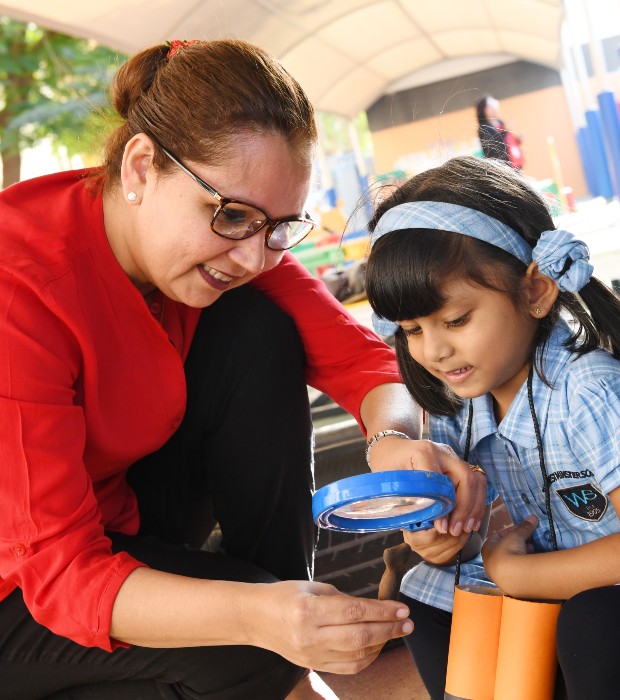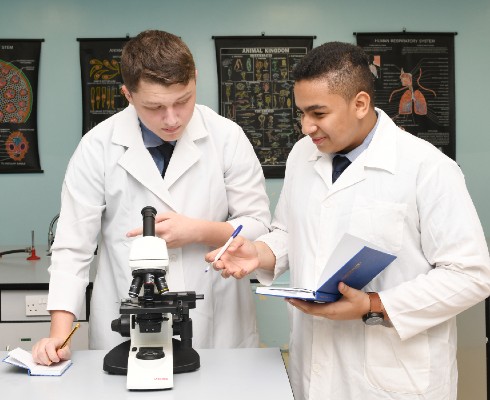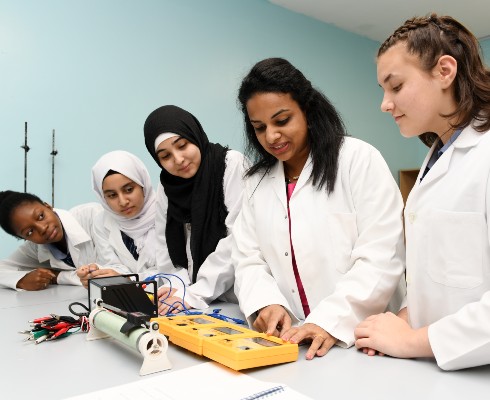
Curriculum Overview
The Westminster School, Dubai has designed its curriculum to empower the learners and create their future. Primarily, we offer the National Curriculum for England; however, we also incorporate the goals and values of GEMS Education and the rich national influence of the UAE. This results in students being offered a modern, exciting, and educationally advanced curriculum in a vibrant & creative learning environment.
Core Curriculum: National Curriculum for England
Language of Instruction: English
The National Curriculum for England is a broad and balanced curriculum applied in over 150 countries across the world. It is based on a structured and broad framework that outlines expected levels of achievement through all stages of a student’s school life.
In Foundation Stage 1 and 2, students follow the new framework of the Early Years Foundation Stage program.
In Years 1 to 8, the students' progress through the National Curriculum for England.
Integration of STEAM, coding into the curriculum are intrinsic features of learning across the school from FS 1 to Year 8.
In Year 9, students prepare towards the IGCSE program and make an informed curriculum decision for IGCSE.
The students of Years 10 and 11 study IGCSE subjects while the students of Years 12 and 13 study AS and A level subjects.
The curriculum lays the foundation for students to pursue university levels of education or professional career paths suited to their abilities, talents and interests. All IGCSE, AS and A level qualification awards are recognized worldwide.







